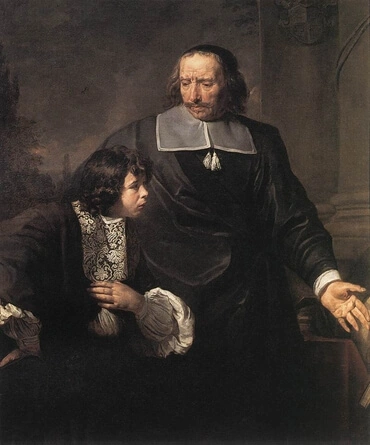13
A roztrhněte srdce vaše, a ne roucha vaše, a navraťte se k Hospodinu Bohu vašemu; neboť jest on milostivý a lítostivý, dlouhočekající a hojný v milosrdenství, a kterýž lituje zlého.
13
A roztrhněte srdce vaše, a ne roucha vaše, a navraťte se k Hospodinu Bohu vašemu; neboť jest on milostivý a lítostivý, dlouhočekající a hojný v milosrdenství, a kterýž lituje zlého.
494. Verse 4. And the smoke of the incense with the prayers of the saints ascended out of the angel's hand before God, signifies the conjunction of all with the Lord. This is evident from the signification of "the smoke of the incense" as being the truths of spiritual good (of which presently); also from the signification of "the prayers of the saints," as being truths from good with those who were to be separated from the evil and saved (of which above, n. 493; also from the signification of this "angel" as being heaven (as above, n. 490; therefore "out of the hand of the angel" means by means of heaven; also from the signification of "before God," as being to be conjoined with the Lord (See above, n. 462, 477, 488); therefore "the smoke of the incense with the prayers of the saints ascended out of the angel's hand before God" signifies the conjunction of all with the Lord effected by means of heaven. "The smoke of the incense" signifies truths from spiritual good, because "frankincense," from which the smoke came, signified spiritual good, and the "fire" with which the frankincense was kindled signified celestial good; thence the "smoke" ascending therefrom signifies truth from good, for all truth proceeds from good. This is why "smoke" became representative; "the smoke of the incense," which was agreeable from its fragrance and sweet odor, was a representative of truth from good; for "fragrance and sweet odor" signify what is agreeable and acceptable (See above, n. 324). "Smoke" has a similar signification in Moses:
The sons of Levi put smoke in Thy nostrils, and a whole burnt-offering upon Thine altar (Deuteronomy 33:10).
"The sons of Levi" mean those who are in truths of spiritual good; these truths are signified by "smoke," and celestial good is signified by "the whole burnt-offering." The smoke of incense is also called "a cloud of incense" (Ezekiel 8:11). Thence also "smoke" in the contrary sense signifies falsity from evil (in Isaiah 34:10; Joel 2:30; Nahum 2:13; Psalms 18:8; 37:20), because the fire that makes such smoke signifies the evil of love.

The relationship between men and women is deep and nuanced, and one entire book of the Writings -- Conjugial Love -- is devoted to the subject. So we can hardly offer a full explanation here. In a very general sense, though, the Writings say that men are creatures of intellect, driven by the love of growing wise; women, meanwhile are creations of affection, driven by the love of wisdom and the good that wisdom can do. They are formed this way to reflect the Lord's Divine Love and Divine Wisdom, and so that they can form marriages that reflect the unity of Divine Love and Divine Wisdom. Marking differences between men and women can be a touchy thing, but realistically it's easy to see that men tend to love acquiring knowledge whether it has any practical application or not. Many of them can spout out sports statistics or hold court on the workings of the internal combustion engine, even though it is knowledge they are not likely to ever use. They find such knowledge interesting for its own sake. It follows, then, that when the Bible speaks of men, the men represent facts, ideas, knowledge, truth, intellect and wisdom -- or in the negative sense falsity, twisted logic, and reasoning that is devoid of concern for others.